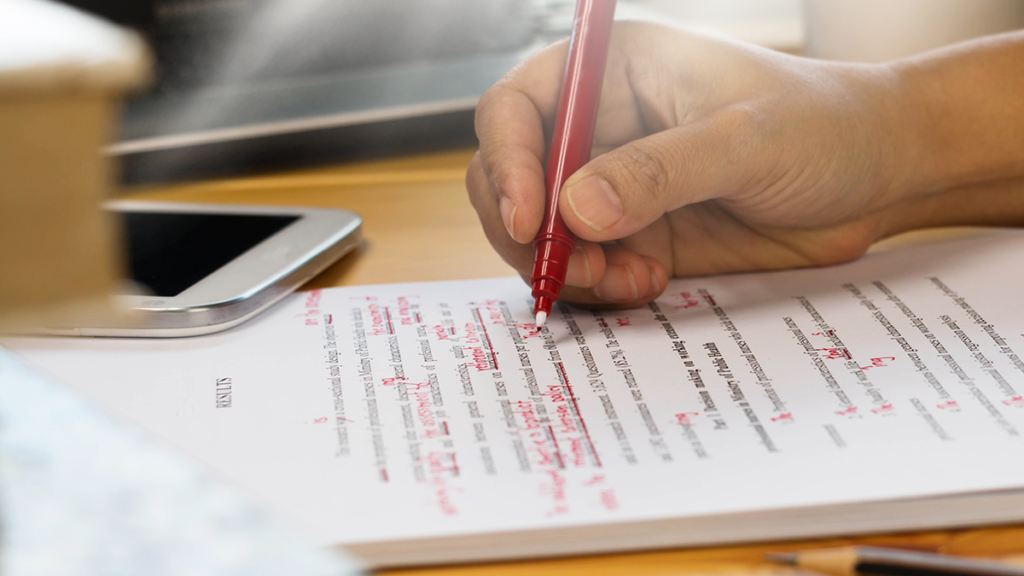Board Game Editing and Proof Reading
There are some unique challenges when it comes to editing or proofreading board games (as well as other tabletop games): unlike a book or a TTRPG, there are often a lot of moving parts. As well as the rulebook, you may have text on cards, tokens, summary sheets, the box, and more.
One particular limitation can be the amount of space available, especially on cards or tokens. You need your words to be simple, comprehensible and legible, even in very tight spaces. In addition, the text on any pieces used in play (such as cards) must be immediately understandable, with no room for confusion or misunderstanding.
When it comes to the rules, it’s vital they’re clear, concise, and consistent. In the worst case scenario, if your rules are muddled or unclear, your game never even makes it to the table! Editing or proofreading your own rules is extremely difficult, as it’s impossible to look at them with fresh eyes. If you’ve been involved in the development of the game, you already know how it plays, and so you ‘read between the lines’.
Another issue in games that have gone through multiple rounds of development and refinement is legacy rules or no-longer-used references that haven’t been removed from the text. When you change or update a rule or gameplay element, it can be difficult to remove every reference to it, and it takes careful reading to spot these snippets to highlight them for removal.
For all these reasons, your board game deserves an editor with experience both in editing and in games, who knows what to look for, and how to look for it!
Board Game Editing
If your text is complete, but hasn’t yet gone to layout, you might need copy editing – find out more here

Board Game Proofreading
For a final check of text that has already been laid out to catch any mistakes or errors before you go to print, you’ll need proofreading – find out more here

